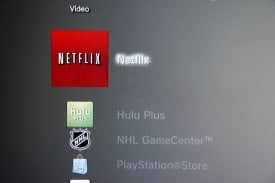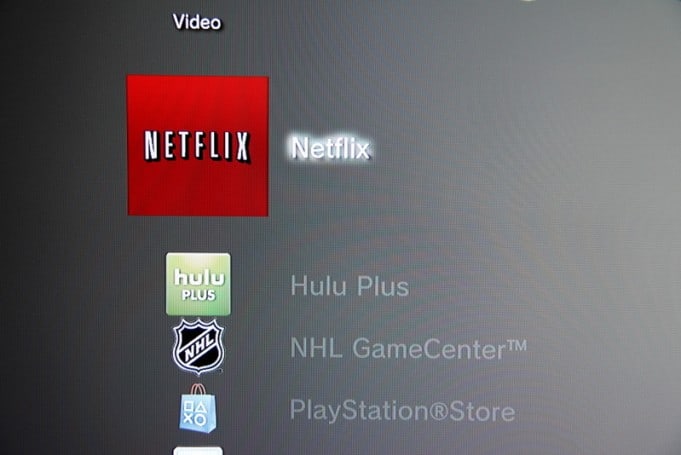
Is Netflix ($8.99 unlimited streaming) and Hulu ($9.99) the killer business model for next generation streaming content?
“This will be disruptive to the existing distribution ecosystem,” stated Hulu CEO Jason Kilar in an update on the streaming video’s business model. “Significant value will be created.”
Prescient words.
If 2010 was merely a warm-up act (Hulu now has 30 million users), then 2011 could mark the year cable and satellite companies get slammed by the new prime-time: the Internet. Prediction? In the words of Mr. T., “PAIN!”
Some days, basking in nostalgia, I look up to our satellite dish on the corner of our home. It sits unused. Soon, I’m sure the rust will come. Maybe I should volunteer it for extraterrestrial research.
“The ads on Hulu are 55% more effective than the same ads in traditional channels.”
I’m probably just one of many that are gradually making the move to Internet-based services. At first it was PlayOn for the PS3. Then Netflix released its App which I’ve found so far stellar for streaming movies, documentaries and television shows. Hulu (and Hulu Plus) continue to go gang-busters, and now counts over 350 advertisers on its burgeoning service.
Which got me to thinking.
The cheapest service Dish Network offers is $40/month. Netflix and Hulu, however, can be had for a combined $19/month and you get access to far more movies, all of it on-demand. Granted, live sports are a challenge, as is local news programming. But with the new MLB and NHL apps for PS3, for example, that too appears to be changing. Plus, factor in the added benefit of being able to stream content across multiple devices — iPad, iPhone, desktop, laptop, etc. — and the convenience is undeniable.
And there is a lot of choice out there: Apple TV, Roku, Google TV, Boxee.
Chances are, the landscape for TV over the next 5-10 years is not going to be dominated by names like Dish Network, Comcast or DIRECTV.
However, it’s probably too early to completely write-off traditional broadcast media.
There are licensing issues, apprehensive networks who don’t want to see a repeat of what Apple did with iTunes to the music industry, and long-term the new business models have yet to prove they are sustainable (e.g. can Hulu scale and turn a profit?).
Also, Dish Network just turned in a strong quarter, tripling profits y/y to $245 million.
Ultimately content is king. If consumers can’t get Glee where, when they want it, they’ll look for alternatives. As long as the new streaming video services can provide the same programming, for less money, with more convenience, then let the disruption begin.


